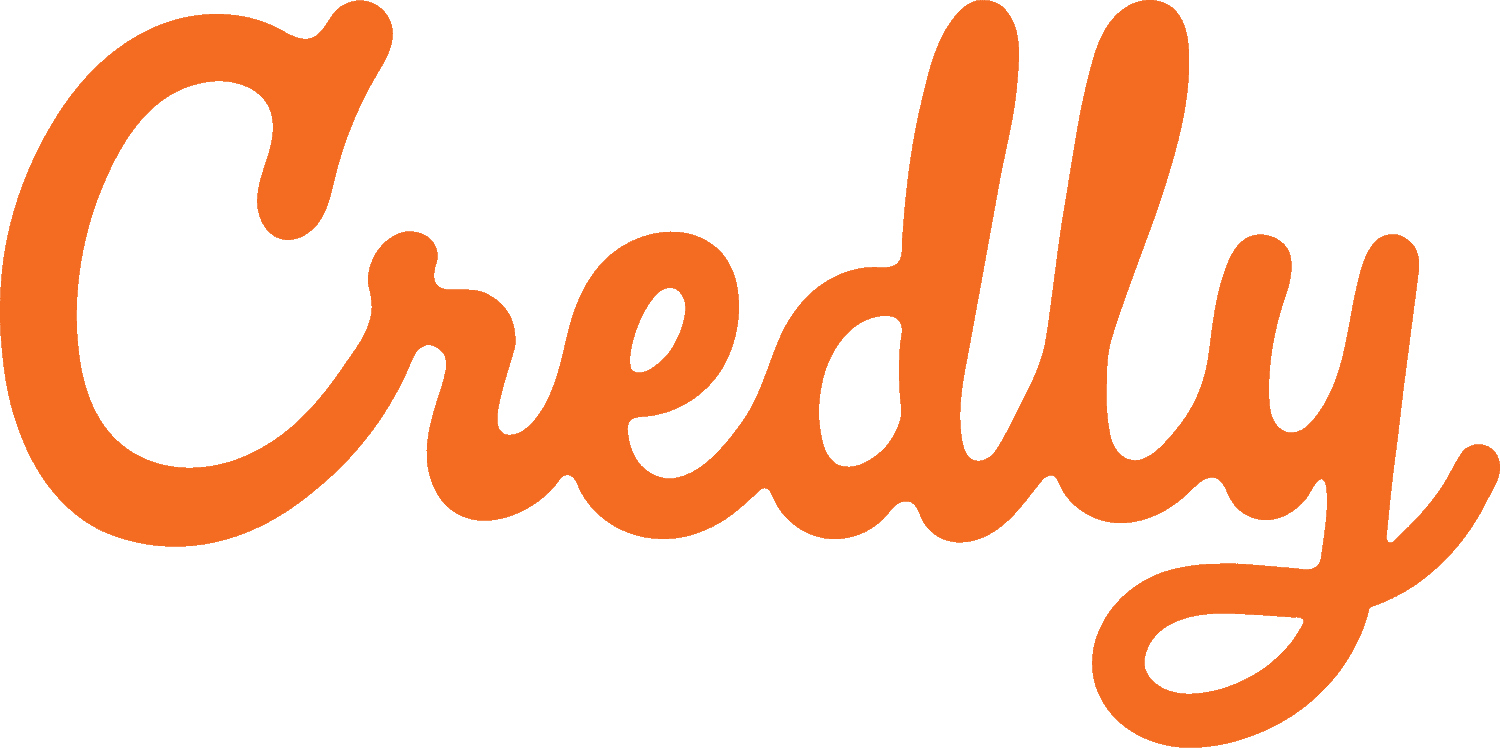Product Operations
The Foundation for Efficiency and Scaling
Workshop Overview:
- Gain a thorough understanding of product operations, its responsibilities, and how to integrate it into an established product team
- Establish clear product standards and scalable processes to improve your team’s efficiency, effectiveness, and collaboration
- Leverage data to make informed product decisions with ongoing analysis, interpretation, and communication

As low as $54.09/month with 
COMMON ROLES
Product Operations Managers, Product Managers, Product Owners, Product Marketing Managers, Product Developers, Product Designers, Directors of Product, Directors of Marketing
Multiply your product team’s output and effectiveness with scalable product operations processes. Learn how your team can clarify roles and responsibilities, organize workflows, and leverage market research data for smarter and faster decision-making.
- Product Management Standards
- Data Integrity
- Stakeholder Alignment
- Process Alignment
- Change Management
- Cross Functional Collaboration
- Strategic Planning
- Capability Assessment
Ready To Start?
$649.00 / One Time +Taxes
COMMON ROLES
Product Operations Managers, Product Managers, Product Owners, Product Marketing Managers, Product Developers, Product Designers, Directors of Product, and Directors of Marketing
Corporate Training
- 4 hour course
- 1 session
- Training for whole team
- In-person or virtual
- Completion badge
Live Online
- 4 hour course
- 1 session
- No travel
- Completion badge

Credly
Thanks to Credly, it’s now easier than ever to share your Pragmatic Institute workshop completion badge with the world.
What you’ll learn in Product Operations
Product Operations Fundamentals
- Define product operations, understand what it’s responsible for, and pinpoint what it can accomplish
- Identify what distinguishes it from other product management and product marketing roles
- Assess how product operations integrates into larger product teams and how you can introduce it into your current team structure
Leverage Data
- Consolidate market data and establish scalable, self-serve processes for analyzing, interpreting, and sharing data
- Establish product goals, measure progress, and communicate about those goals
- Connect product goals to strategic business objectives and create systems to communicate with key stakeholders
Improve Collaboration
- Forge strategic alignment between cross-functional teams with product standards and data-driven insights
- Prioritize and communicate product initiatives based on product goals and strategic business objectives
- Enhance efficiencies through collaboration between product operations, product management, and product marketing teams
What is Product Operations?
Fundamentally, product operations, or product ops, is a support system for product teams. Product operations keeps product managers and marketers on track and equips their teammates with the tools, processes, and information they need to build excellent products. That might mean identifying and customizing tools, documenting and refining processes, refining communication, and gathering and cleaning data for analysis. By acting as a dedicated resource for these vital tasks, product operations helps the whole product team work more efficiently and effectively.
How does product operations differ from product management?
Although there is some overlap between product managers and product operations, these distinct roles help each other fulfill their many shared responsibilities. Product managers use insights about the market to shape their product’s long-term vision and strategy. Product operations coordinates data analysis and manages processes. In this way, product operations is a “force multiplier” because taking on detail-oriented daily tasks allows other team members to focus on the big picture. Ultimately, this helps the whole product team make faster, better-informed decisions about their products.
Who Benefits from Product Operations
Professionals in a variety of roles can benefit from product operations practices, including but not limited to:
Product Operations Managers
Responsible for establishing and leading product operations tasks within their teams.
Product Managers
Responsible for leveraging data to make strategic decisions about their products.
Product Owners
Responsible for overseeing products from exploratory research through development, launch, and throughout the product life cycle.
Product Marketing Managers
Responsible for creating compelling marketing campaigns that appeal to the product’s target audience and address market needs.
Product Developers
Responsible for using shared tools and processes to deliver products on schedule and to expectations.
Product Designers
Responsible for translating the team’s vision into a tangible product.
Directors of Product
Responsible for aligning product releases to strategic business goals.
Directors of Marketing
Responsible for promoting the product through data-driven marketing campaigns.
About the Instructor
Dan’s past roles include Senior Systems Analyst at Akin Gump Strauss Hauer & Feld LLP, Vice President of Operations and Chief Product Owner at TrialSmith, and Sr. Director of Product Management at Return Path.
Dan’s passion for teaching, coaching, and mentorship shines through in his work as an Instructor at Pragmatic Institute, enabling him to guide students to strategic solutions for their most complex product questions.

